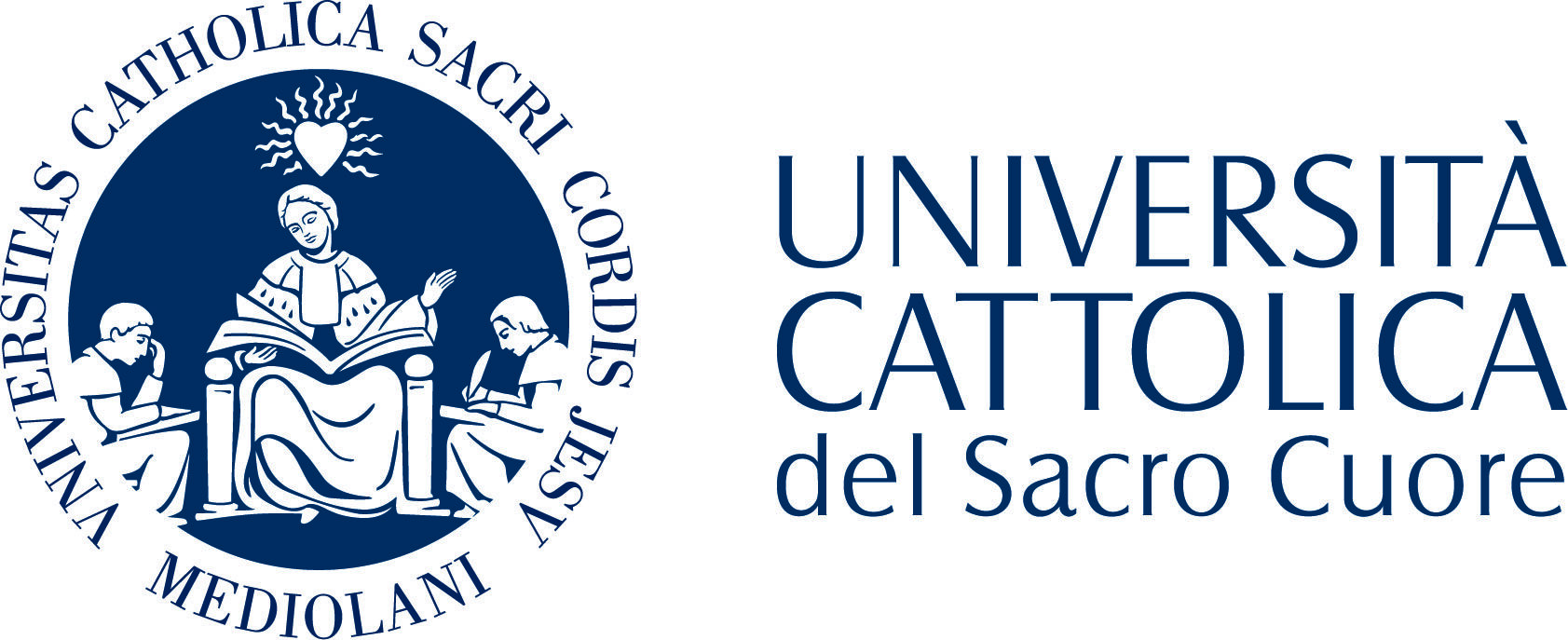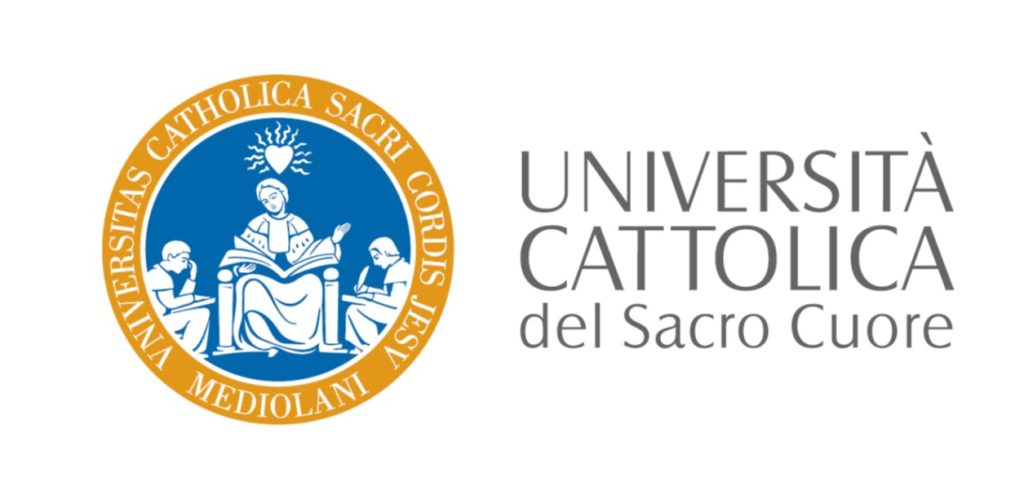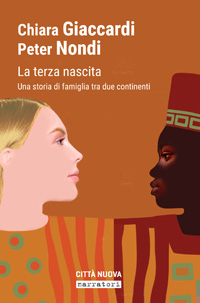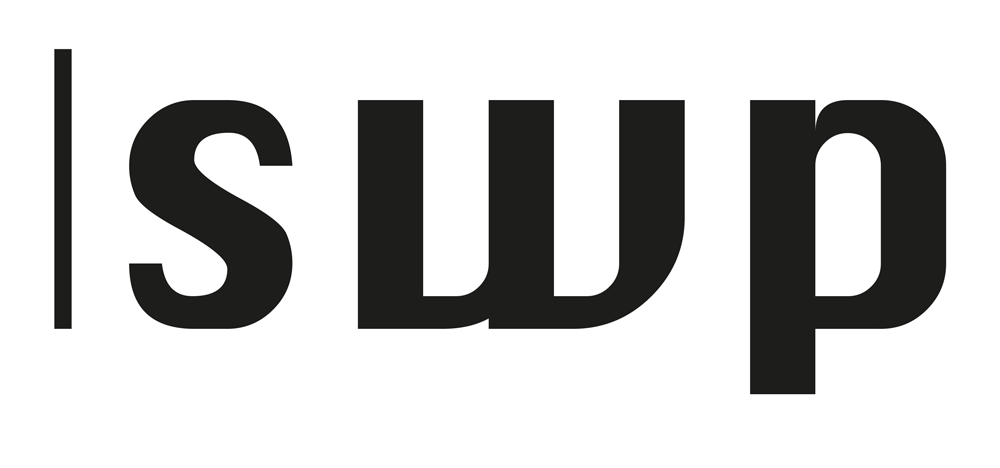The New Neighbours journey takes us from the ghost town of Sutera, Sicily, to the metropolis of Berlin and its new Syrian residents. “Across the Road – Worlds Apart” by EBU-DW pays tribute to the unforgettable life of Eva Sternheim-Peters and documents her friendship with Syrian refugee Amer Kassab.

At the age of ten Mrs Sternheim-Peters joined the league of German Girls, the girl’s wing of the Nazi party’s youth movement. She afterwards recognised the horror of the movement and spent her life welcoming people from all around the world in her apartment. Her last “roommate” was Syrian refugee Amer Kassab. The film follows Amer as he visits a German pub frequented by local regulars opposing Muslim newcomers. Will the encounter with Amer shift their views?
Dasa Raimanova, film director, recounts a memorable moment of the shooting:
“During a severe heat wave in Berlin, together with our protagonists, Eva (94) and Amer (27), we visited the concentration camp Sachsenhausen. It was a harrowing experience, difficult to describe in words. While we were mostly worried about Eva managing in the heat, quite the opposite happened: Amer and the crew were melting while Eva kept going without complaining even once about the heat.”
“Across the Road – Worlds Apart” had its premiere at the Centre for Fine Arts Bozar in Brussels on the occasion of the World TV day in November 2019. It is one of nine documentary films exploring real stories of daily life in an intercultural European Union, co-produced by the EBU Intercultural and Diversity Group within the project New Neighbours.
Eva Sternheim-Peters died in 2020 as one of the victims of the corona virus pandemic in Germany. The co-production team of the New Neighbours series is proud and grateful to have managed to capture part of Eva’s life on camera.
You can watch “Across the Road – Worlds Apart” subtitled in English here. All nine films are being made available one after another via www.newneighbours.eu
New Neighbours is collecting good practice and success stories on how to provide factual information on migration, as well as promoting direct participation of migrants and refugees in media production. Led by the European Broadcasting Union, the 24-month project runs until the end of 2020, involving 9 European Public Service Broadcasters from Croatia, Germany, Czech Republic, The Netherlands, Italy, Slovenia, Belgium, Spain and Portugal. Alongside the PSM film productions, which build the heart of the New Neighbours project, a series of complementary productions, trainings and research activities are taking place, under the responsibility of the project partners CMFE – Community Media Forum Europe, COMMIT, COSPE Onlus and MDI – Media Diversity Institute.
New Neighbours is funded by the European Union’s Asylum, Migration and Integration Fund and by the U.S. Agency for Global Media.
You can follow the project via Twitter @newneighbours1 and www.newneighbours.eu
About the EBU
The European Broadcasting Union (EBU) is the world’s foremost alliance of public service media (PSM). Our mission is to make PSM indispensable. We have 116 member organizations in 56 countries and have an additional 34 Associates in Asia, Africa, Australasia and the Americas. Our Members operate nearly 2,000 television, radio and online channels and services, and offer a wealth of content across other platforms. Together they reach an audience of more than one billion people around the world, broadcasting in more than 160 languages. We operate Eurovision and Euroradio services.
Discover more about the EBU on www.ebu.ch
About CMFE
Founded in 2004, Community Media Forum Europe (CMFE) represents networks, national federations and organisations active within the Third Media Sector at the European level. CMFE supports community media in maintaining a clearly distinct identity alongside the national public service and private commercial media, raising awareness of their contributions to pluralism, democratic participation and media literacy.
See also www.cmfe.eu
About COMMIT
COMMIT was founded in 2010 and works to extend and improve further training for community media practitioners in Austria and in Europe. COMMIT organises trainings and develops concepts for further education in the field of community media and adult learning. COMMIT works towards professionalisation and formal recognition of community media training and of the acquired skills.
See also https://www.commit.at
About COSPE
COSPE, established in 1983, is a registered non-profit association recognised since 1984 as Non-Governmental Organisation (NGO) by the Italian Ministry of Foreign Affairs and by the European Union. Cospe implements projects in about 27 extra-EU Countries, in Europe and in Italy promoting fair and sustainable development, global citizenship, intercultural dialogue and human rights.
See also https://www.cospe.org








